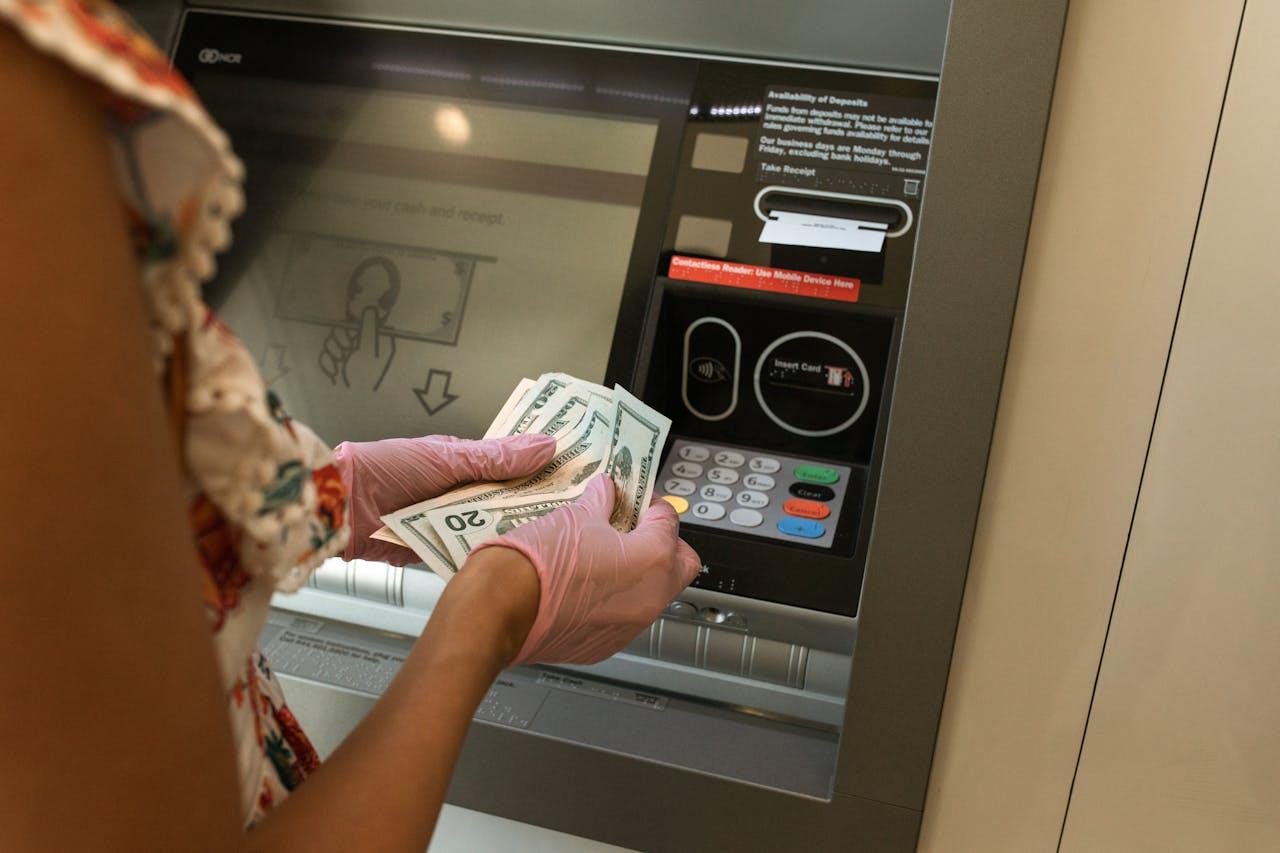What Affects the Speed of Direct Deposits?
Waiting for your paycheck to appear in your account can feel like watching paint dry. You know it’s coming, but the exact timing seems mysterious.
Direct deposits have become the standard way to receive payments, yet many people still wonder why their money sometimes arrives faster than expected and other times seems to take forever. Several factors influence when your direct deposit actually hits your account.
From your bank’s processing schedule to your employer’s payroll system, multiple moving parts determine the speed of your deposit. Let’s explore what really happens behind the scenes and how you can ensure your money arrives as quickly as possible.
Standard Direct Deposit Timeline
Most direct deposits follow a predictable timeline, though the exact timing can vary. Generally, employers submit payroll information to their bank one to two business days before the intended pay date. The bank then processes this information and sends it through the ACH network.
Your bank usually receives the deposit information the day before your official pay date. However, many banks post these deposits early, often making funds available the night before or early morning of your pay date.
Some bank accounts, like SoFi, even offer early direct deposit as a feature, making your money available up to two days sooner than the official pay date. The standard processing time means that how long does direct deposit take depends largely on when your employer submits the payroll and your bank’s specific posting schedule.
Factors Influencing Direct Deposit Speed
Bank Processing Times
Different banks have different processing schedules that directly impact when your deposit appears. Some banks process ACH transactions multiple times throughout the day, while others may only process them once daily.
Banks with more frequent processing cycles can often make your money available sooner. Your bank’s policies also determine the exact time deposits become available. Some banks post deposits at midnight, others wait until early morning hours, and some may not make funds available until regular business hours begin.
Payroll Procedures
Your employer’s payroll system plays a crucial role in deposit timing. Companies that process payroll early in the week and submit deposits promptly will typically ensure faster availability. Employers who wait until the last minute to submit payroll information may cause delays.
The payroll service your employer uses also matters. Some payroll companies are more efficient than others at processing and submitting direct deposit information to banks. Larger payroll services often have more streamlined systems that can speed up the process.
Weekends and Holidays
Banks don’t process ACH transactions on weekends or federal holidays, which can significantly affect deposit timing. If your regular pay date falls on a weekend or holiday, your deposit will typically be processed on the next business day.
However, many banks will make the funds available on the actual pay date, even if it falls on a weekend. Holiday schedules can be particularly disruptive.
During weeks with federal holidays, both your employer and your bank may need to adjust their processing schedules, potentially causing delays or earlier availability depending on their policies.
Errors in Information
Incorrect account information is one of the most common causes of delayed direct deposits. Even small errors in your account number or routing number can cause the deposit to be rejected and returned to your employer. This process can add several days to when you actually receive your money.
When errors occur, your employer typically needs to correct the information and resubmit the deposit.







